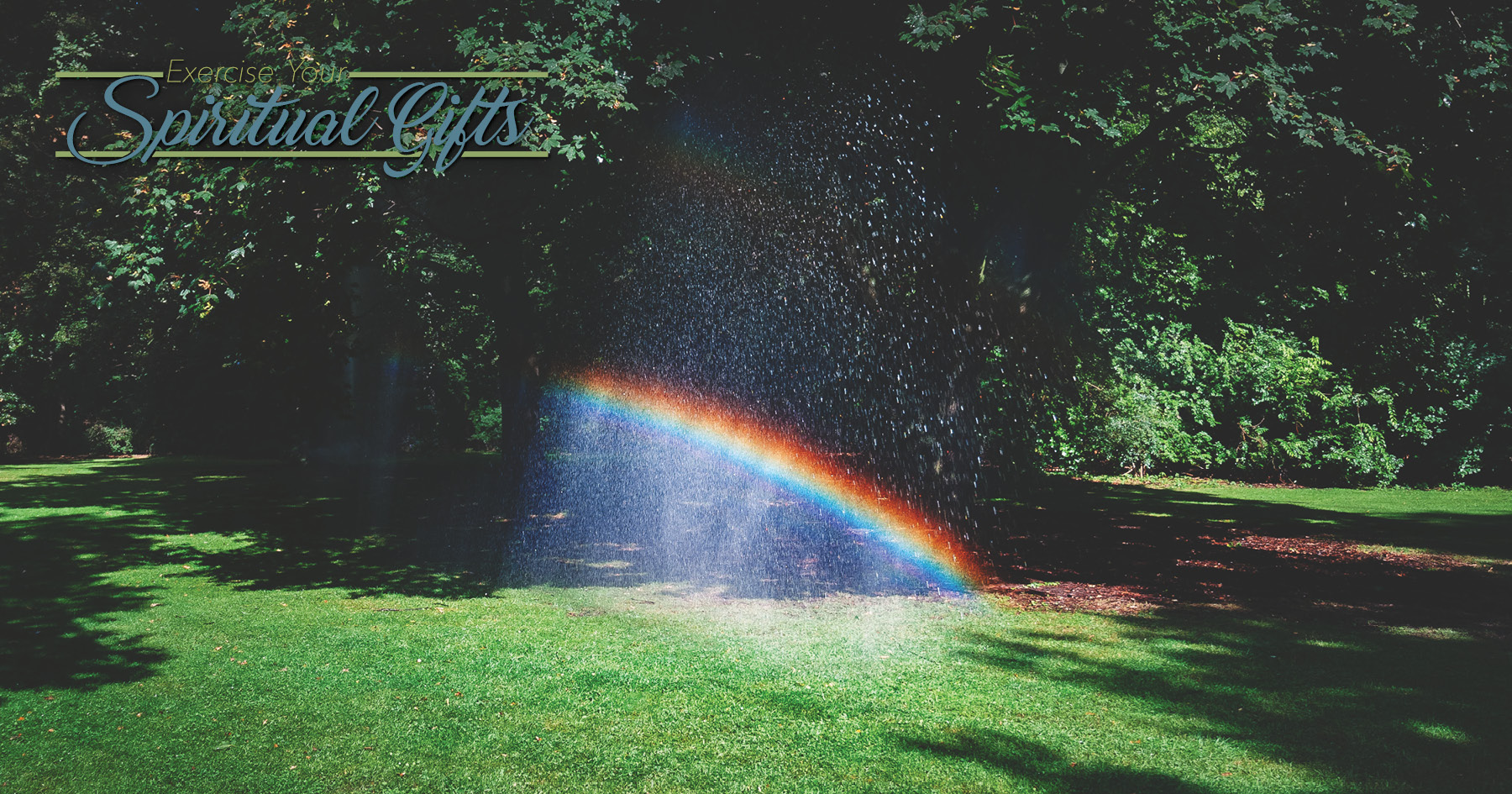
The Gift of Miracles
“Those with the spiritual gift of miracles often have a heightened sensitivity to the presence and power of God through the Holy Spirit. They have a special measure of faith and desire for God to be revealed and draw many to faith in Jesus Christ. They take care not to draw attention to themselves or have a following of people but are constantly pointing others to Jesus. Those with this gift understand that God is sovereign, and can work when and how God desires, but they make sure they are available and listening to the prompting of the Holy Spirit. This gift is often accompanied by prayer and strong petition by these individuals for God to reveal glory to people. They do not claim power themselves, but always give credit and glory to God for all mighty works. Often God will deliberately humble them to keep them relying on grace and pointing to the Son, rather than miracles.”
Miracles are not something that most of us are familiar with except the ones we read about in the Bible. We hear people say, “It’s a miracle!” when it seemed that death was inevitable. And yet, in the back of our minds, we may think “Well, we just don’t know what happened, but there must be a logical reason.”
The truth is, maybe both things are correct. There may well be a logical reason for what happened. And it is just as likely that miraculously the person’s body didn’t react in the same way that it does 99.9% of the time. As the quote above said, “This gift is often accompanied by prayer and strong petition…” and flows out of a deep study of our Christianity and a close prayer life with God on behalf of others.
For those of us who do not have the spiritual gift of miracles, we are still called to exercise this gift with the possibility of gaining skills in this area. So here are four ideas to ease into welcoming others while using some of your God-given spiritual gifts:
1. For Example
People who have been officially canonized as a saint of the Catholic Church have to have performed at least two miracles, “an event that cannot be explained by reason or natural causes” according to Wikipedia. Take some time to research some of the saints and pay special attention to their miracles. You might also discover who or what they are the patron saint of and if it has to do with their miracles.
2. See for Yourself
Watch a video such as “5 Real Miracles Caught on Camera” on YouTube. Reflect on each of the stories and decide whether what you saw was a miracle or not. If they are, what makes them so? If they don’t convince you, what would?
3. Think About It
Think of the people in your church, at work, or in your community. Is there someone who stands out to you as someone who needs a miracle? If so, begin learning more about them and their situation. For instance, if they have a particular disease or illness, do some research, and learn about the illness, what needs to happen for a full recovery, or the ability to live a good, full life. Then begin to pray for them. Pray specifically. Pray regularly. Enlist others to pray on their behalf too.
4. I Believe in Miracles!
There is an old gospel song that says, “I believe in miracles for I believe in God.” Begin to have an awareness of the Holy Spirit’s work in the world. Think about the miracles around us that we take for granted—things that people in the past would have been astounded by—even having a knee replacement like I had last year. Stop and say a prayer thanking God for the miracles in the world—a flower blooming, researchers developing a COVID-19 vaccine, or other miracle makers in our world.
